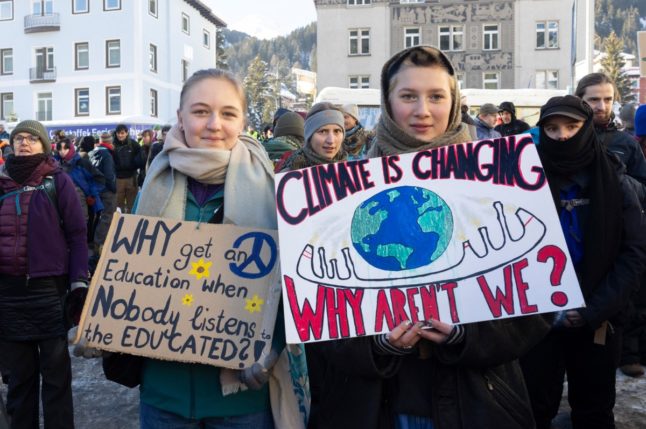The couple, in their 70s, received a call in February from a woman posing as their granddaughter and claiming she was in financial difficulty, Zurich police said in a statement.
Over several weeks, the woman convinced the couple to hand over a total of 400,000 francs ($422,000) to a friend of hers, police said.
The couple did not realise they had been duped until mid-March, when they contacted their real granddaughter to ask why they hadn't heard back from her in a while, only to find out she had never asked them for any money.
The couple then reported the scam to the police who are now investigating the case.
"This is certainly the biggest such case on record in Zurich, and perhaps in Switzerland," Zurich police spokeswoman Judith Hödl told AFP.
She said these types of grandparent scams or emergency scams — where someone posing as family pretends to be in desperate need of money to trick elderly people out of their savings — have long been a problem in the Swiss financial capital.
"There were more of these cases ten years ago," she said.
"The situation has improved some since we have tried to warn people of the danger," she said.



 Please whitelist us to continue reading.
Please whitelist us to continue reading.
Member comments